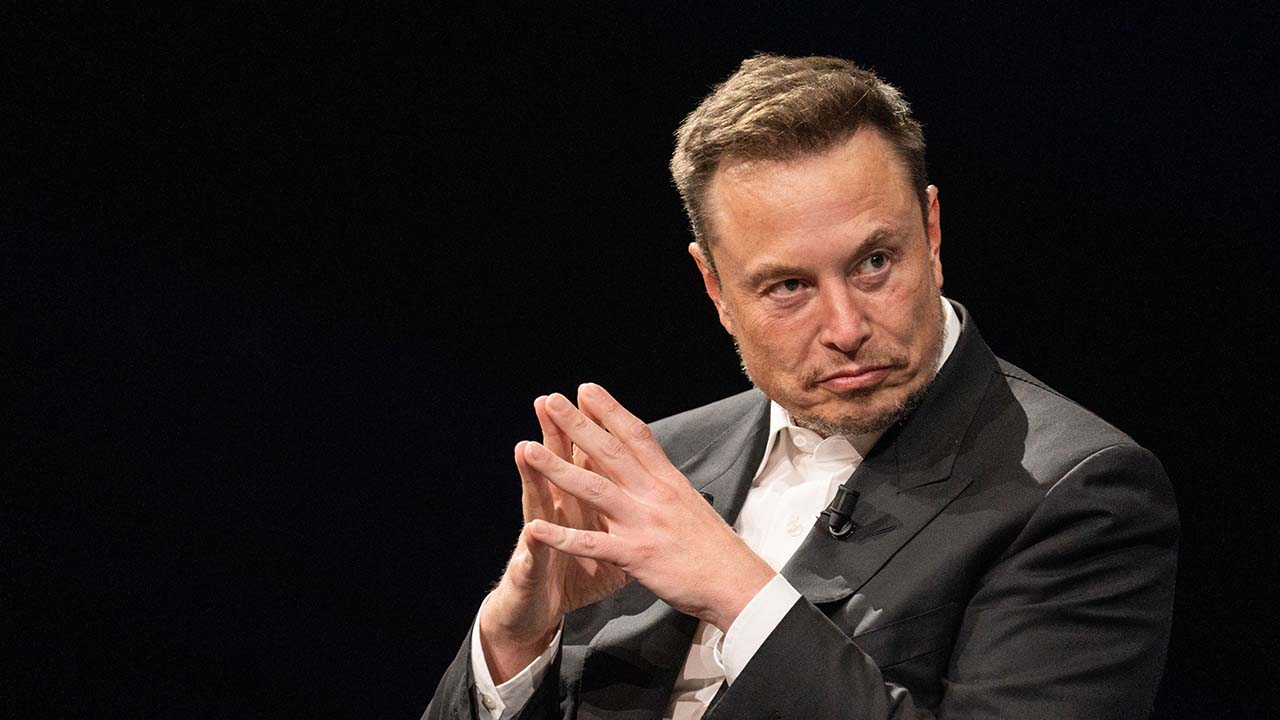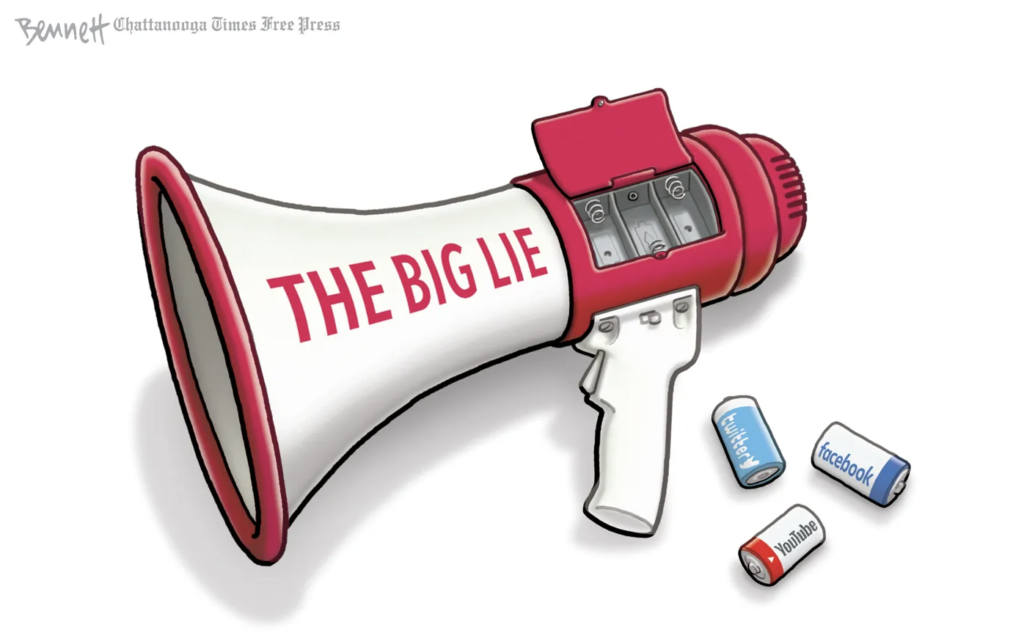
For what it’s worth, I would never count as a fan boy of Elon Musk. Even before this past year of reckless behavior — business and social media-wise — the guy was too much of a preening gadfly for my tastes. That said there is no question — none — that in terms of what he has created he is one of the most consequential characters of our era, and in a way that is unequivocally beneficial to human progress.
But good god man, get some help.
Not that he’s ever out of the news, (like The Great Orange Carbunkle Musk needs hourly affirmation that he still is everything he thinks he is), but with the new book from venerable biographer Walter Isaacson the chattering classes are again talking Elon with a vengeance. In particular, long time tech reporter-turned-podcaster, Kara Swisher, who has known Musk for several decades, interviewed him often and now with her typical bulldozer-like bluntness is declaring Musk a deplorable train wreck of a human being, and more critically, one the government urgently needs to get a grip on.
The first news out of the Isaacson book was that Musk ‘”turned off” his Starlink low-orbit internet satellite network over Crimea out of concern that Ukraine might use it to coordinate missile attacks on Russian facilities … and thereby set off… WWIII. That news was semi-voided when Isaacson corrected himself, saying he misunderstood a “nuance” of the story, namely that Musk simply didn’t turn it on. (The technical term for turning the system on and off is called “geo-fencing”, which acts kind of like those invisible dog barriers people dig around their yards.)
Whether he turned it off or didn’t turn it on, the very serious point is that this is one un-elected, demonstrably erratic billionaire with an endless number of financial conflicts of interest with outright American enemies (Russia) and serious rivals (China) deciding — on his own — how to fight naked aggression.
That ain’t right folks, and the story could get far more calamitous if China, where Musk’s Tesla car operation has both an enormous facility and consumer market, decides to invade Taiwan.
Swisher and her podcast partner, Scott Galloway, freely concede Musk’s entrepreneurial genius. Unlike say, the aforementioned Orange Carbunkle, who has never created anything of universal social value — thinking Trump University, Trump steaks, Trump vodka, Trump ties or Trump mugshot t-shirts here — the electric car revolution, SpaceX and Starlink — are bona fide Henry Ford-level leaps forward in substantive human endeavors.
Unfortunately, with virulent anti-Semite Henry Ford in mind, Swisher and Galloway and others make the complaint about Isaacson’s book, (which I have not read), that while genius-level entrepreneurial functioning is often wrapped up in mercurial personalities, that is no reason to excuse the truly ugly, shameless descent Musk has taken in MAGA-like posturing.
If you missed his recent insinuation that the Anti-Defamation League was responsible for the shocking decline in X/Twitter’s stock valuation, it was rancid and straight from every crackpot anti-semitic fever swamp you can think of.
Those Jews, y’know, always jacking with the honest, hard-workin’ Aryans.
The action item to this rant is that clearly Congress has to get full control of Musk vis a vis his numerous defense contracts. Serious professionals with serious oversight need to make military decisions, not a guy who has no qualms about acting out like a raging 15 year-old at the slightest imagined provocation.
The other point Swisher and Galloway got in to on the same recent podcast was the overall tenor of Isaacson’s book — which Swisher had read and panned with a “meh.” Their point being that Isaacson, a genial, avuncular character with an impressive pedigree in professional journalism, never dares make a call — the call — on Musk.
To which Galloway correctly sniffs, “It all feels like upscale access journalism.” Adding that if Isaacson — who wrote the most prominent biography of Apple’s Steve Jobs, (a genius who was often an asshole but never a public racist) — did drop the hammer on Musk, his chances of access to his next high-profile subject would evaporate in an instant.
He spent months with Musk and Musk’s friends, family and foes and still, Swisher complains, the book left her — a very tough interviewer with a long history with Musk — demanding to know, “Ok, Walter, what do YOU actually think of this guy. Your opinion has value. What is it?”
Isaacson BTW is booked as a guest on an upcoming Swisher podcast.


